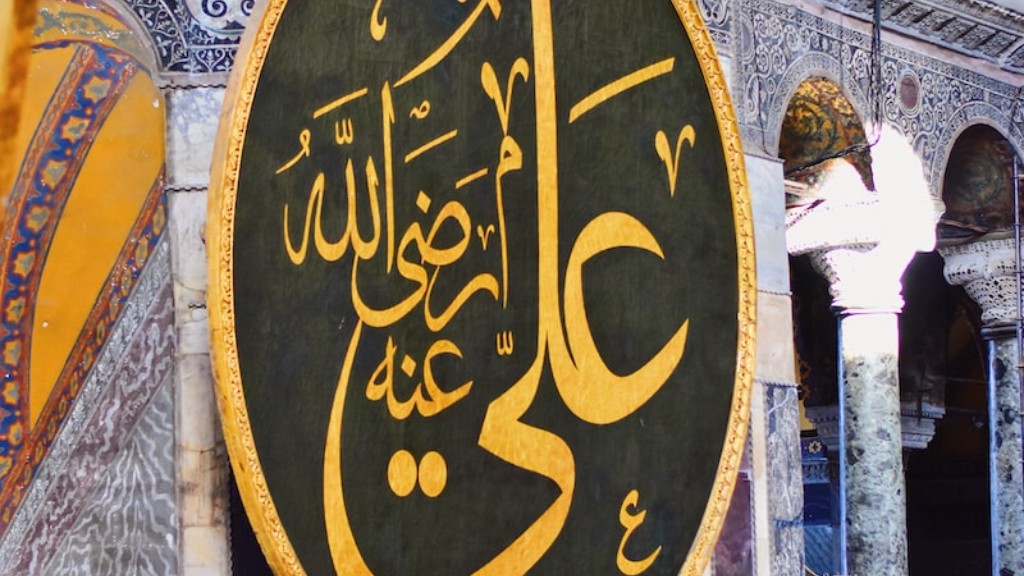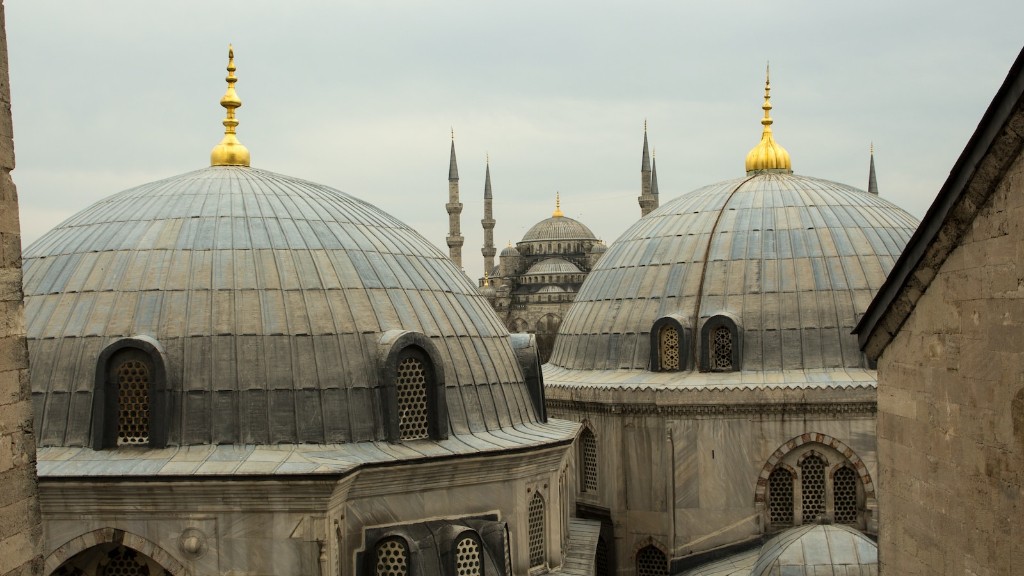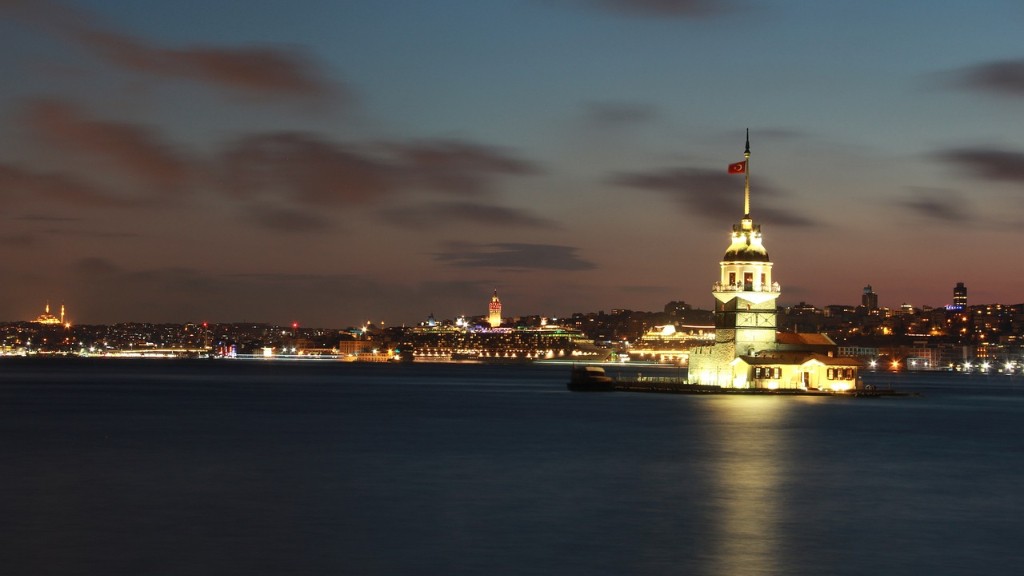Do the Greeks Covet Istanbul?
Istanbul, formerly Constantinople, has an intriguing and complex history that revolves around being a prize in the game of conquest. The city, sitting at the tip of Europe and at the beginning of Asia, was once home to a mix of Greek and Roman cultures. It has, therefore, long been a site of rivalry between Greece and Turkey. As Greece and Turkey are both approximately 98% Muslim in population, conversations about the Turk-Greek rivalry have shifted in recent years. So, do the Greeks still covet Istanbul, or is it an outdated sentiment?
Istanbul’s Strategy
Istanbul is a city of diplomacy. With its history as a hub of intercultural exchange and trade, it’s always coveted a balancing forces between two cultures. Current efforts in achieving this aim are seen in the city’s policy of promoting Turkish businesses, Greek laborers and their respective cultures. This effort was encapsulated in 2013 when municipal authorities in Istanbul began incentivizing Greek businesses to join its tourism strategy. Greece has also played an active part in promoting a sense of reciprocity, and its ministers frequently travel to the city to attest to how the two cultures can work together.
Political Disparities
Of course, it is imperative to consider Turkey’s current politics when debating whether Greece still desires Istanbul. The situation between the two countries has been mired in tension since the fall of the Ottoman Empire in 1922, which created two unstable and largely unequal states. Turkey, with its considerable military, has faced cycles of economic recession while Greece has been relatively prosperous. This has left Greece in a state of ambiguity. On the one hand, it desires to move further away from Turkey and establish itself as a separate nation. Simultaneously, Greece is dependent on Turkey both militarily and economically, with Europe’s reliance on Turkey’s abundant resources and their economic partnership. Because of this, high-level politics, such as treaty negotiations and territorial disputes, have been put on ice.
Expert Perspectives
In an interview with a Greek political analyst, the subject of whether Greeks still have a desire for Istanbul was discussed. The analyst suggested the sentiment is still strong amongst many but there is a nuanced understanding of the political, economical, and cultural bargaining that is occurring between the two countries. While Greece does desire more autonomy and independence, this analyst asserts that it is practically impossible for Greece to reclaim Istanbul and Turkey. This tension, although apparent in some underlying sentiment and discourse within the public, isn’t able to manifest into any meaningful dialogue or measures. Instead, the analyst argues, Greece must communicate it desires in an effective yet covert way, avoiding confrontation.
An Unbalanced Relationship
These political tensions lead to what is arguably an unbalanced relationship between Turkey and Greece. Because of this, Greece has a tendency to bear the brunt of any blame Turkey receives from the international community, whether justified or not. Additionally, the presence of Greeks in Istanbul is less visible today, even though their presence has been a defining feature of the city for centuries; forms of antiforeigner and anti-Greek sentiment, which can manifest as racial and nationalist discrimination, are allegedly still prevalent. This has led certain members of the Greek public to feel as if they are “second-class citizens” and that they have less of an equal place in the city.
The Greek View
Some Greek people hold a view that access to the city is seen as a promise of stability and potential economic prosperity. Istanbul, with its long and rich history as an intercultural hub, is seen as providing a gateway of opportunity due to its status as a front-runner in commerce and foreign investment, its impressive population of over 14 million and its considerable wealth. The city also mirrors certain features of Greece, such as its language and customs. Despite the country’s desire for autonomy, there is a certain allure of Istanbul that speaks to the rich culture of Greeks. For the many Greeks that have been living in the city for generations, a sense of loss over not being Greek citizens of Istanbul has left many Greek citizens to view Turkey’s hold of the city with a mixture of sorrow and ambition.
Economic Exchange
Turkey and Greece have managed to maintain a degree of economic exchange between each other. Recent projects, such as the restoration of a Church in Thessaloniki, have been purported to create and cement a positive relationship. This captures a sentiment which exists in some circles that Greece, despite being weaker in terms of military power, still may hold some weight in terms of its economic influence. These projects have provided opportunities for trade and investment in both countries, though it remains to be seen whether this economic partnership will manage to fully bridge the divide that exists between Greece and Turkey.
Cultural Exchange
In spite of all the political divisions that characterize the relationship between the two countries, the presence of certain commonalities between Greek and Turkish culture remain paramount. Many people speak both languages and regularly exchange food, traditions and customs. Furthermore, many of the cities in both countries contain reminders of the cultural blend that defined Istanbul in its golden age. These cultural touchstones serve as a reminder of the city’s rich history of tolerance, cooperation and open-mindedness that many Greeks still long for.
Intermittent Fights
Another reminder of the fraught history between Turkey and Greece is the presence of certain territorial disputes between them. This includes certain air and maritime boundaries, in addition to some parts of the Aegean. Greece, an adversarial force in the region, is unable to formally hold any territory underwater. This has caused tempers to flare and incited an air of aggression between Greece and Turkey. While this has done little to alter the current political atmosphere created by the two countries, it draws attention to the uneasy relationship.
Continuing Rivalries
The animosity between the two countries is due to many complex factors which have arisen over the past century. While Greece has, historically, been viewed as the weaker of the two, its presence as an independent nation has always been seen as a challenge to Turkey. This has caused some members of the Greek public to feel as if they are being wronged and that their autonomy is being overshadowed by the country’s powerful neighbor. This has led to feelings of yearning among Greeks when discussing Istanbul, even if these sentiments are rarely openly expressed.
Isaaic Juristinction
Islamic Juristinction, the study and application of Islamic law, has enjoyed a resurgence of popularity in Turkey in recent years. Significant historical overlaps between Greek and Islamic civil law, such as in the fields of civil law and procedure, has caused some commentators to postulate that, in the eyes of the state, there isn’t a ‘real’ distinction between Greeks and Turks. This has caused people on both sides of the Turkish-Greek divide to reach the conclusion that there is no real danger in allowing two populations to have a shared geopolitical and cultural situation.
Economic Biases
The history of the two nations has led to a number of economic biases against the Greeks, from the higher unemployment rate of the Greek population to the lower wages many Greek people receive compared to Turks. This economic discrimination has caused many Greeks to look to alternative destinations, and some to perceive Greece as a less desirable place compared to its more well-off neighbor. This feeling of disparity has been magnified in recent years due to higher rates of migration of Greeks to Turkey.
A Final Word
While it is still difficult to determine whether the Greeks still covet Istanbul, there is no doubt that the city itself continues to be a source of contention between Greece and Turkey. It is clear that the two sides have different views on the matter, as exhibited in their approaches to the city. With the ongoing relationship between the two nations, it is impossible to know how things will unfold in the future, but one thing is for certain: Istanbul will remain at the heart of the conversation.


